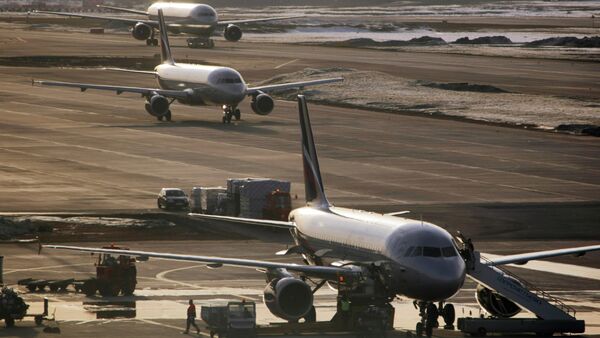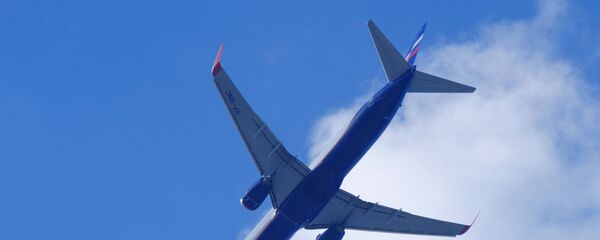The World Trade Organization has approved tariffs on nearly $4 billion-worth of American goods and services by the EU over Washington's subsidies to aerospace giant Boeing.
In its ruling, published Tuesday, the WTO said that "the level of countermeasures 'commensurate with the degree and nature of the adverse effects determined to exist' amounts to $3,993,212,564 per annum."
The EU will receive the right to impose the tariffs from 27 October.
Last year, the WTO allowed the US to impose $7.5 billion in tariffs on goods and services made in the EU over its subsidies to Airbus, prompting Washington to slap 25 percent tariffs on several food items, and to increase import duties on Airbus planes from 10 to 15 percent.
The new tariff allowance is expected to be another blow to Boeing's bottom line. Both of the world's major aircraft manufacturers have already suffered major losses amid the global economic and health crisis caused by the coronavirus.
Washington and Brussels have been engaged in a spat over aircraft subsidies since 2004, accusing one another of providing illegal government financial assistance to their respective aircraft-makers. Boeing's complaint is that Airbus has received "launch aid" to its projects in the form of state credits from European governments, and Airbus has alleged that its American competitor gets implicit subsidies through billions of dollars poured into the company by the Pentagon, and through tax breaks. The two sides formally filed cases against one another in the EU in 2005, with the spat raging ever since.
The issue of explicit or implicit state subsidies to aircraft manufacturers is itself a controversial one. Until the early Nineties, the Soviet Union's commercial aircraft industry produced nearly a third of the world's passenger jetliners. After the country's collapse, and with guidance from the WTO, the International Monetary Fund and other international institutions, authorities made significant cuts in subsidies to the industry, pushing it to the brink of collapse in both Ukraine and Russia. It has taken Moscow nearly three decades to begin recovering from the crash of the domestic civilian aviation industry, with the process still far from complete.



